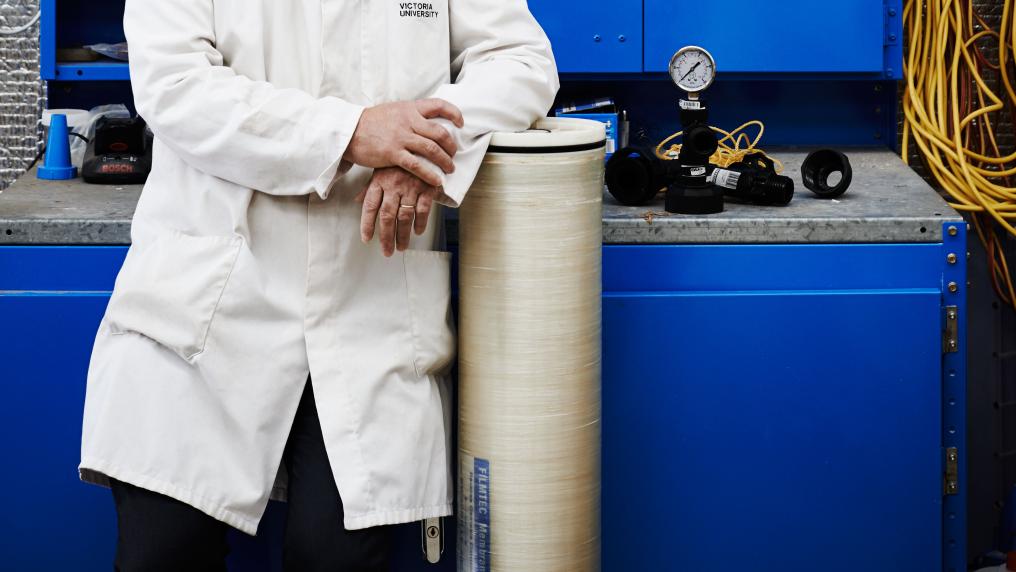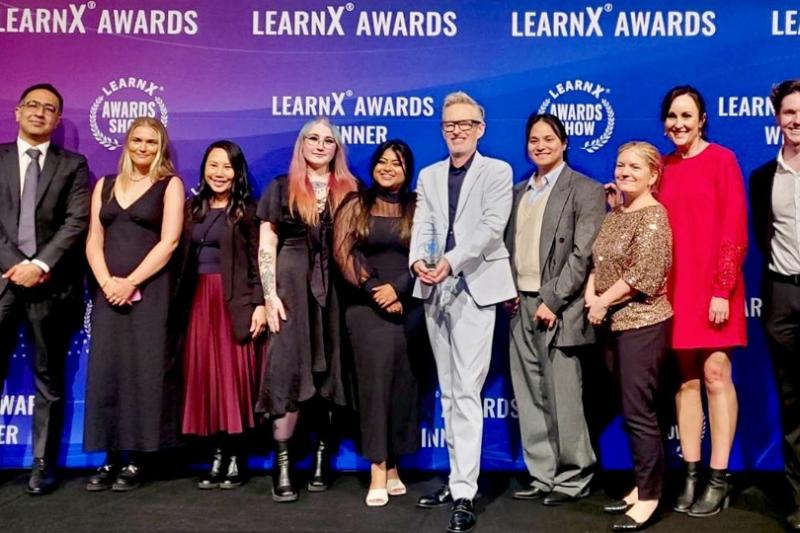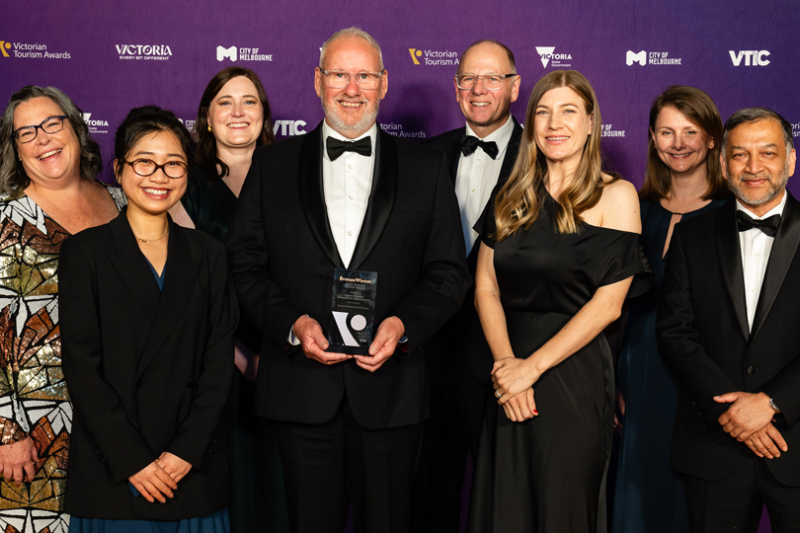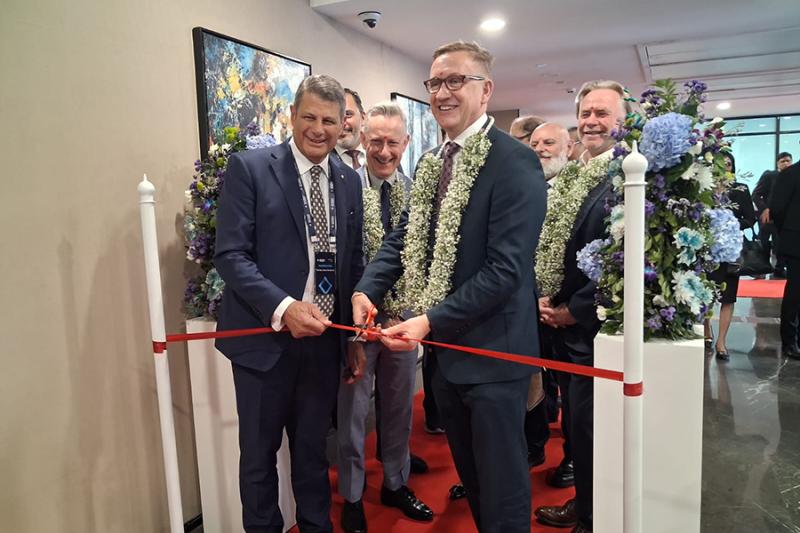Researchers solve Antarctica's sewage problem

A high-tech wastewater treatment system, designed at Victoria University, is about to be shipped to Davis station in Antarctica to convert effluent into clean water.
Plans to ship the advanced sewage treatment plant, currently housed in two shipping containers in Hobart, to Davis Station – an Australian research base – will be unveiled this week at the Antarctic Treaty in Chile.
Director of Victoria University’s Institute for Sustainability and Innovation, Professor Stephen Gray, who is behind the advanced wastewater treatment plant, said the converted effluent will have minimal impact on the marine environment when discharged into the ocean.
Scientists have found the pristine ocean off Antarctica's coast is being contaminated with raw sewage from research bases and the waste is affecting fish, seals, penguins and other marine creatures.
It is hoped Victoria University’s state-of-the-art plant will solve problems caused by macerated sewage being pumped out to sea.
Professor Gray said the water the plant produces is also good enough to drink and the Australian Antarctic Division (AAD) with Victoria University is conducting research to find out how open expeditioners are to drinking recycled water.
Recycling the wastewater would save about 70 per cent of the energy used to make the drinking water at Davis Station.
Professor Gray said this project with the AAD and other industry and academic partners combined the latest water treatment technologies to handle the specific challenges on the icy continent.
“The system’s designed to function in rugged conditions, be simple to operate, have low maintenance needs and require a minimal amount of chemicals to run it,” he said.
“The plant can even be operated remotely from Australia if needs be during the harsh Antarctic winter.”
It is currently being tested at TasWaters’ wastewater treatment plant and plans are being made for it to be shipped to Antarctica for installation this summer.
The Victoria University team for this project also includes Professor Mikel Duke, Dr Jianhua Zhang, Dr Nicholas Milne and Dr Shobha Muthukumaran.
The project is funded and overseen by the Australian Antarctic Division and the Australian Water Recycling Centre of Excellence, and supported through the Australian Government’s Collaborative Research Network.
Other partners involved in the advanced treatment plant’s research, design and testing include the University of Melbourne, Veolia, AECOM, TasWater, RMIT University, Coliban Water and Curtin University.
The story was recently featured on ABC news.



